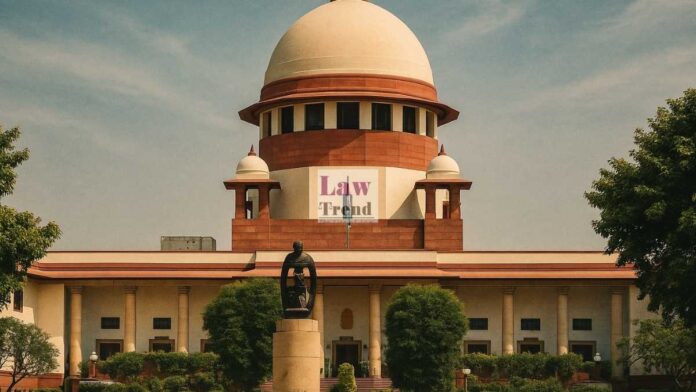The Supreme Court of India, in a significant judgment, has held that administrative actions taken against an employee, which are not directly connected to previous incidents of sexual misconduct, cannot be treated as a “continuing wrong” to extend the statutory limitation period for filing a complaint under the Sexual Harassment of Women at Workplace (Prevention,
To Read More Please Subscribe to VIP Membership for Unlimited Access to All the Articles, Download Available Copies of Judgments/Order, Acess to Central/State Bare Acts, Advertisement Free Content, Access to More than 4000 Legal Drafts( Readymade Editable Formats of Suits, Petitions, Writs, Legal Notices, Divorce Petitions, 138 Notices, Bail Applications etc.) in Hindi and English.




